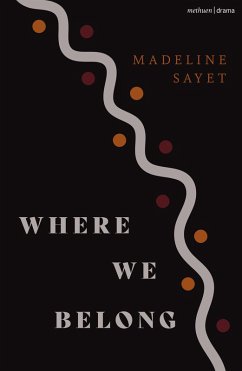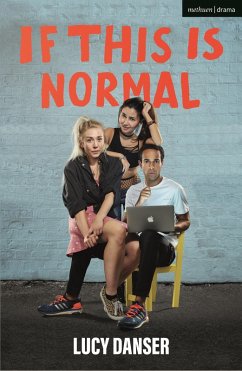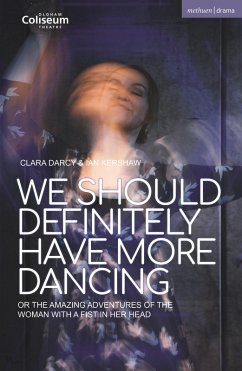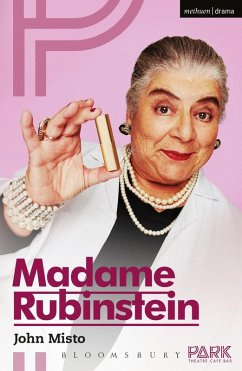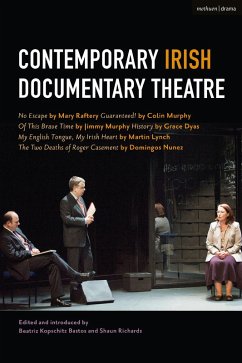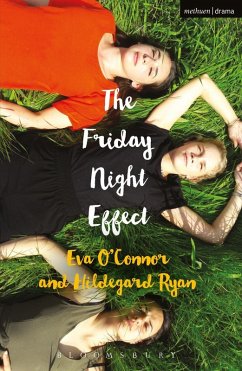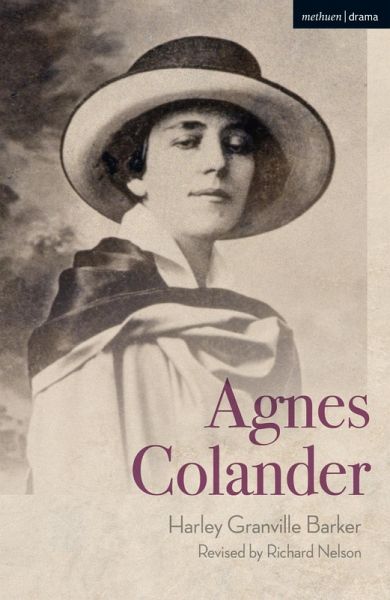
Agnes Colander (eBook, PDF)

PAYBACK Punkte
5 °P sammeln!
We should all have been taught more of life and less good manners It is three years since Agnes, an artist, left her unfaithful husband Henry. Now he writes to her in her Kensington studio begging to reunite, but Agnes married young; her innocence has gone and her ambition and independence is growing. As she travels from London to France, Agnes finds herself torn between Otho, a worldly Danish artist and Alec, an infatuated younger suitor, between a longing to paint and be an independent woman and a yearning to be loved. This witty and compelling exploration of love, sexual attraction and inde...
We should all have been taught more of life and less good manners It is three years since Agnes, an artist, left her unfaithful husband Henry. Now he writes to her in her Kensington studio begging to reunite, but Agnes married young; her innocence has gone and her ambition and independence is growing. As she travels from London to France, Agnes finds herself torn between Otho, a worldly Danish artist and Alec, an infatuated younger suitor, between a longing to paint and be an independent woman and a yearning to be loved. This witty and compelling exploration of love, sexual attraction and independence was written in 1900 and unearthed among Granville Barker's papers in the British Library a century later. Revised by playwright and librettist Richard Nelson this edition was published to coincide with the world premiere at the Theatre Royal Bath in Spring 2018.





